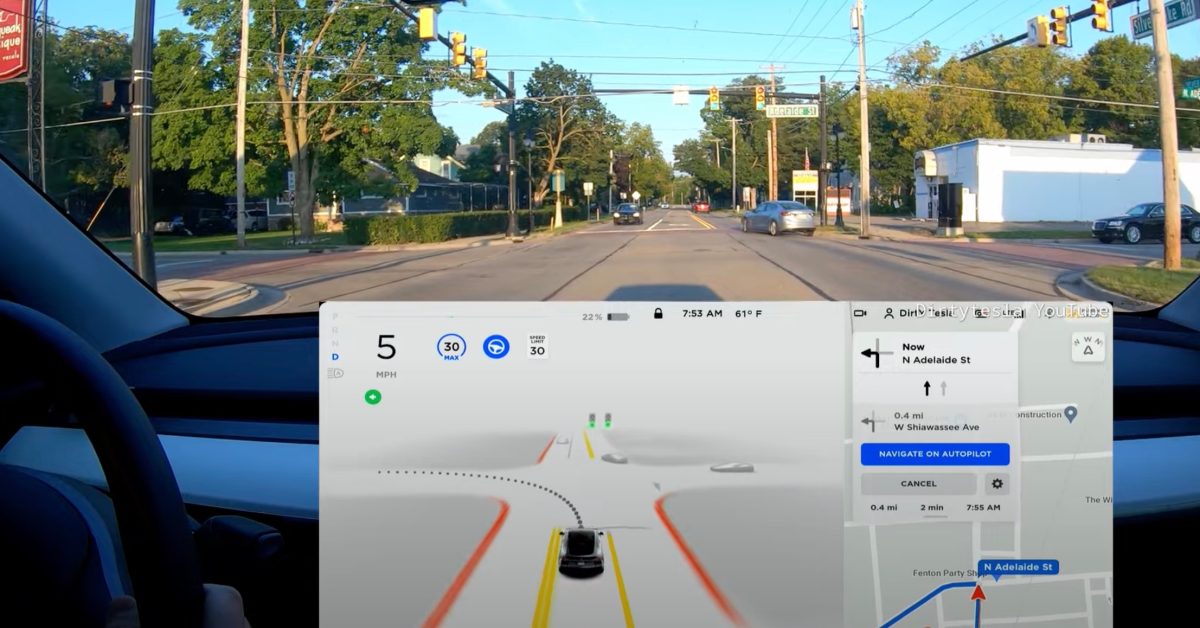F1Brits_90
World Champion
with the recent news fully petrol/diesel ban from 2030

 www.bbc.co.uk
www.bbc.co.uk
what is going to power the cars in less than 10 years that we will all be driving then. for me clear favourite is battery. but i worry about battery technolgy it has come on leaps & bounds will only make more progress & PU's are easy to service. but infrastructure isnt there yet, theres only 71 where i live & leaving your car outside of a supermarket or costa coffee for 8hrs unless you work there, is impractial & national grid would need to cope for increased demand for electricity if we had home chargers
but alternatives are current hybrid, hydrogen which im sure james may was chatting about what feel ages ago maybe as long ago as 2008 or synthetic fuels which F1 will be trying soon

Ban on new petrol and diesel cars in UK from 2030 under PM's green plan
The PM confirms he is bringing the ban forward as he sets out his "green industrial revolution".
what is going to power the cars in less than 10 years that we will all be driving then. for me clear favourite is battery. but i worry about battery technolgy it has come on leaps & bounds will only make more progress & PU's are easy to service. but infrastructure isnt there yet, theres only 71 where i live & leaving your car outside of a supermarket or costa coffee for 8hrs unless you work there, is impractial & national grid would need to cope for increased demand for electricity if we had home chargers
but alternatives are current hybrid, hydrogen which im sure james may was chatting about what feel ages ago maybe as long ago as 2008 or synthetic fuels which F1 will be trying soon



